

While SteamOS is the most talked-about Linux distribution for gaming, it certainly isn’t a requirement if you wish to play games on Linux. Games can be played on virtually any Linux distribution, but some make it a lot easier than others. Let’s check out what else you can use to play games besides SteamOS.
Ubuntu GamePack is simply an unofficial spin of Ubuntu aimed specifically for gaming. It builds off of the base of Ubuntu 14.04 and adds a ton of gaming-related items so that you can start playing immediately after installation.

Ubuntu GamePack includes Steam, Desura (another popular game distribution service), Djl, Wine, Play on Linux, and proprietary plugins such as Java and Flash.
It also comes pre-configured with an in-house repository of open source games that you can download and install. However, I would personally add the PlayDeb repository to this, as they have a massive, regularly-updated collection of open source games to try out.
Play Linux is another great choice for gaming on Linux. Although this one is also based on Ubuntu, it does come with its own desktop environment with various ways to easily customize and make it your own.

It also comes with an “AutoGPU” installer that will ensure that the correct drivers for your graphics card are installed. This is pretty important, as the open source versions of those drivers don’t provide the same performance.
Finally, it is also preconfigured to determine when system load is heavy (such as while playing games) and turns off unnecessary tasks such as window compositing (which provides nice window effects that can’t usally be seen while gaming).
If you love gaming but you also love open source and want to stick to open source as much as possible, then Fedora Games, an official “Labs” project of Fedora, may be just for you.
 While Fedora is not a recommended distribution for beginners, it does place a very strong emphasis on using only open source software. The Fedora default installation is completely open source (except for a couple blobs that would otherwise render certain hardware unusable), and Fedora Games simply includes a ton of open source games with it.
While Fedora is not a recommended distribution for beginners, it does place a very strong emphasis on using only open source software. The Fedora default installation is completely open source (except for a couple blobs that would otherwise render certain hardware unusable), and Fedora Games simply includes a ton of open source games with it.
Of course, if you’d like, you can still make it capable of playing any games — for example, just install Steam and the proprietary drivers for your graphics card. Just be warned that doing any of that on Fedora may take a bit more work than on Ubuntu.
If you want a lot of open source games out-of-the-box, but you also want to stick with the Debian side of Linux rather than switch over to Fedora and learn a whole new package manager, SparkyLinux may be for you. Based on Debian directly rather than Ubuntu, the 4GB installation image includes everything to get you going.
Not only are a large selection of open source games pre-installed (I counted 87 entries in the Games section of the applications menu), but Steam is also included. Just launch Steam, log in, and you can immediately start downloading your games. There is an installer for Desura, but all other game distribution services need to be installed by you if desired.
 There’s also a utility that will help with installing proprietary drivers, as well as a link in the applications menu that will install multimedia codecs — both are things that Debian normally comes without, and aren’t included by default if you want to be more of an open source purist.
There’s also a utility that will help with installing proprietary drivers, as well as a link in the applications menu that will install multimedia codecs — both are things that Debian normally comes without, and aren’t included by default if you want to be more of an open source purist.
When you want to go download the GameOver Edition, you’ll need to scroll down to the Special Editions section to find it (or just click here). The download list they have makes it very easy to scroll past it.
Lastly, if SteamOS or none of the above have appealed to you, then there’s nothing wrong with simply choosing Ubuntu for your Linux gaming system. Unlike the others, you’ll have to get everything that you want together as none of it comes included during installation.
 However, the most common things that you’ll need, such as the proprietary graphics drivers and (probably) Steam, are easy to install. Graphics drivers can be installed using the Additional Drivers application included with Ubuntu, and Steam can be installed by downloading the latest .deb file from their website. After that, you can install all the games that you’re actually interested in playing. Your disk space won’t be taken up by other games or nick-nacks that you’re not particularly interested in.
However, the most common things that you’ll need, such as the proprietary graphics drivers and (probably) Steam, are easy to install. Graphics drivers can be installed using the Additional Drivers application included with Ubuntu, and Steam can be installed by downloading the latest .deb file from their website. After that, you can install all the games that you’re actually interested in playing. Your disk space won’t be taken up by other games or nick-nacks that you’re not particularly interested in.
While the above choices will get you on the right path to an excellent Linux gaming system, there are still a few things that you may want to install yourself. Depending on what distribution you choose to use, you may still need to install the Steam client to gain access to a large library of non-open source games.

You can also do much more with your Linux system, such as install emulators for various gaming consoles such as DeSmuME or configure Chrome to run Android apps via ARChon so that you gain access to Android games. No matter what game you’re interested in or what platform it was meant to run on, there’s a very good chance that you’ll be able to play it on Linux.
While I do think that a few more gaming-oriented distributions that are regularly updated would be very welcome, you do have some choices if SteamOS just isn’t for you. Heck, I’d still much rather do my gaming on Ubuntu than SteamOS, simply because I can do so much more in addition to gaming thanks to PPA repositories. But feel free to use any distribution you prefer the most, as you can easily turn all of them into killer gaming systems.
What Linux distribution do you use for gaming? Why do you choose it over something else? Let us know in the comments!


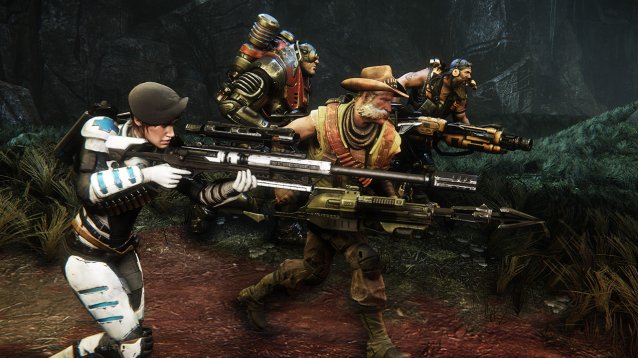
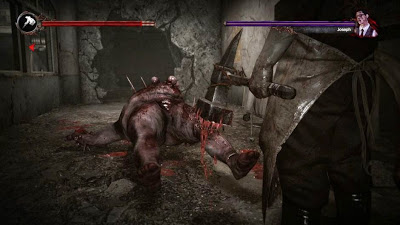
 Dark Souls 2 Titanite Shard Locations
Dark Souls 2 Titanite Shard Locations The Swapper Wiki – Everything You Need To Know About The Game .
The Swapper Wiki – Everything You Need To Know About The Game .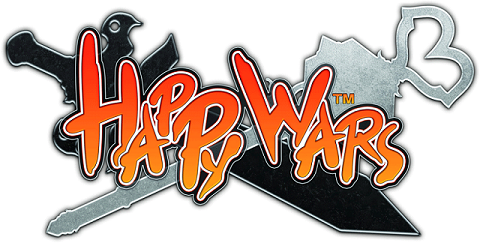 How to Fix Happy Wars Crashes, Missing .exe, Matchmaking, Pairing, Multi-player Game Crash,Processors are Overloaded errors and issues
How to Fix Happy Wars Crashes, Missing .exe, Matchmaking, Pairing, Multi-player Game Crash,Processors are Overloaded errors and issues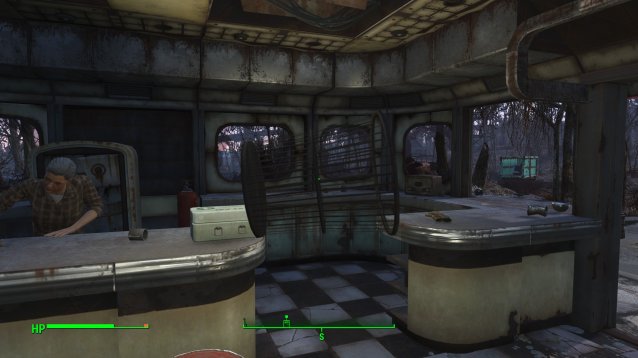 Fallout 4 Guide: How To Move Bodies And Objects
Fallout 4 Guide: How To Move Bodies And Objects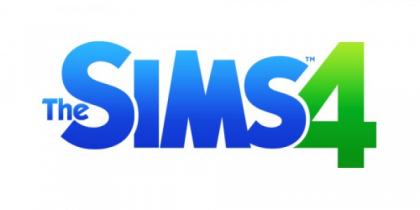 How to Fix The Sims 4 PC Crashes, Lag, Sound, Mouse issue, Black Screen error, Launch issue and more
How to Fix The Sims 4 PC Crashes, Lag, Sound, Mouse issue, Black Screen error, Launch issue and more